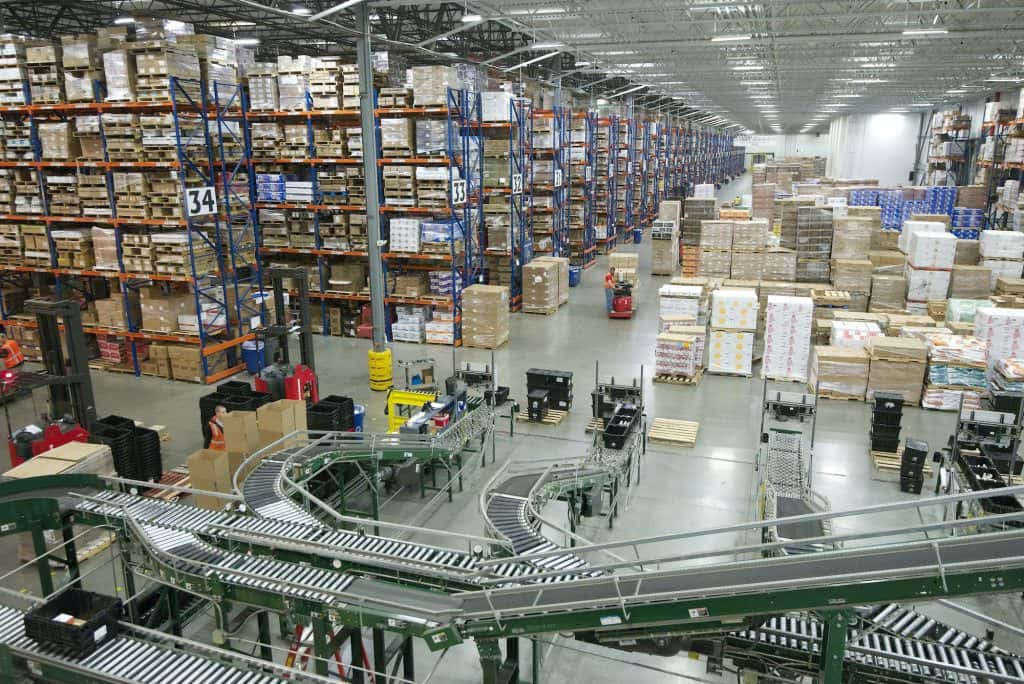
United Natural Foods Inc. (UNFI) had a rough trading day for Friday October 04 as shares tumbled 5.1%, or a loss of $-0.4 per share, to close at $7.45. After opening the day at $7.83, shares of United Natural Foods Inc. traded as high as $7.95 and as low as $7.38. Volume was 2.28 million shares over 13,085 trades, against an average daily volume of n/a shares and a total float of 52.7 million.
As a result of the decline, United Natural Foods Inc. now has a market cap of $392.65 million. In the last year, shares of United Natural Foods Inc. have traded between a range of $30.09 and $6.75, and its 50-day SMA is currently $n/a and 200-day SMA is $n/a.
United Natural Foods is a wholesale distributor of natural, organic and specialty foods and nonfood products across North America. The company’s products consist of national, regional and private label brands grouped into grocery and general merchandise, produce, perishables and frozen foods, nutritional supplements and sports nutrition, bulk and foodservice products, and personal care items. United Natural Foods serves various retail formats including conventional supermarket chains, natural product superstores, independent retail operators and food service channels such as e-commerce platforms. The company’s operations are comprised of three principal divisions: the wholesale division; the retail division; and the manufacturing and branded products division.
United Natural Foods Inc. is based out of Providence, RI and has some 19,000 employees. Its CEO is .
United Natural Foods Inc. is a component of the Russell 2000. The Russell 2000 is one of the leading indices tracking small-cap companies in the United States. It’s maintained by Russell Investments, an industry leader in creating and maintaining indices, and consists of the smallest 2000 stocks from the broader Russell 3000 index.
Russell’s indices differ from traditional indices like the Dow Jones Industrial Average (DJIA) or S&P 500, whose members are selected by committee, because they base membership entirely on an objective, rules based methodology. The 3,000 largest companies by market cap make up the Russell 3000, with the 2,000 smaller companies making up the Russell 2000. It’s a simple approach that gives a broad, unbiased look at the small-cap market as a whole.


